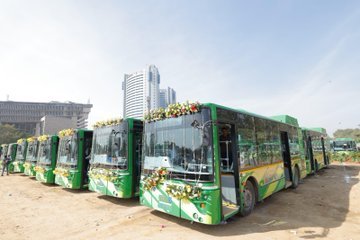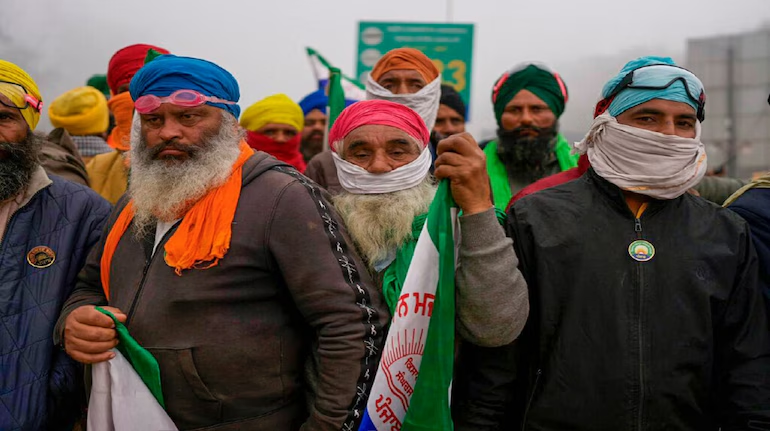Bhubaneswar: Koraput, a remote district in Odisha state located in the hilly terrain of the Eastern Ghats. As it is based at an altitude of 3,000 ft above sea level, so the place is suitable for cultivating coffee because of its cool climate and adequate rainfall. The tribal population of the district used to migrate every year as distressed migrants from Koraput to other adjacent states for livelihood before coffee turned out to be a conceivable economic prospect.
Though cultivation of coffee has given a means for earning livelihood for the people of the district, earlier, it used to take long time as months to get money. Now the Tribal Development Cooperative Corporation of Odisha Limited (TDCCOL) comes directly to home for purchasing coffee berries from the people. The cofee berries are plucked at night and sent for processing. The payment is received within the day. As per a villager from Nandpur block, he has earned a profit of Rs 21,500, selling 480 kg of coffee berries this year.
There have been many severe factors that push the people to leave their homeland in search of livelihood. Factors like shortage of employment opportunities, environmental factors born out of change in climatic conditions, impoverished agricultural production because of insufficient irrigation and frequent drought like situations, destruction of forests, impaired food security, meager wages, and so on resulting to people living in severe economic deprivation, getting exploited by the money lenders/ middlemen, working in horrible conditions, over burdened with heavy debt, pushes people of the place to to leave their natives for living a better life seeking better prospects.
Considering the above derivative socio- economic situations of the people in the Koraput district, the district administration has put an effort to procure an alternative income scourse with the help of cultivating coffee. This opportunity was particularly for the workers who do not possess job cards. The government is lending backing to the tribal community from Koraput, Nandpur, Dasmantpur, Laxmipur, and Lamatput by setting up two coffee nurseries in Nandpur, Lamatput and Dasmantpur, and one each in Koraput, Similiguda and Laxmipur.
District Labour Officer Prasno Panigrahi explains that the workers migrated from the district during or before the Covid-19 pandemic and out of which the migrant construction workers who have returned back are mostly unskilled labourers. Most of them are now engaged as labourers at coffee plantations. So it is surely a positive development.
Many self-help groups (SHG) in the villages have been engaged in cultivating and trading coffee, from which tends to earn about Rs 40,000 it more annually. Therefore the crop has, certainly, brought welcoming change in the lives of the tribal people, who earlier had to primarily practice shifting cultivation, or podu, for ages.
According to most of the coffee cultivators in the area, growing coffee was not very profitable though they have been doing this for last couple of years because the traders used to buy from the cultivators at a very low price as Rs 10 to 15 per kg. But from the time when TDCCOL started purchasing the coffees at Rs 35 – 45 per kg, it seems like a very useful and profit making business. Besides coffee, black pepper and dragon fruit are also cultuvated which give a fair amount of recovery in their economic conditions. The Odisha Livelihood Mission (OLM) has also provided employment to many people as labourers in the coffee nursery post Covid pandemic.
-OdishaAge




